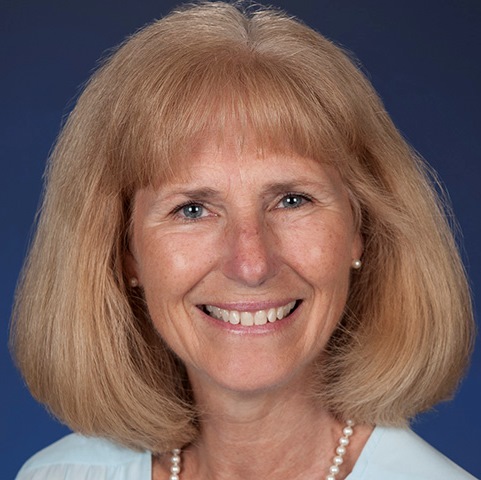 The Whitney Laboratory for Marine Bioscience
The Whitney Laboratory for Marine Bioscience

The Evenings at Whitney Lecture Series hosted by the University of Florida Whitney Laboratory returned on Dec. 14, 2017, at 7 p.m. with the program titled “Transformation and Conservation: Climate Change, Plant Diversity and the Southern Landscape.” Pamela Soltis, distinguished professor and curator of molecular systematics and evolutionary genetics in the Florida Museum of Natural History at the University of Florida, talked about plant diversity in the southeastern United States. She emphasized changes in plant distributions and diversity through time and how predicted future distributions can help preserve habitats and species for the future. This free lecture was presented at Lohman Auditorium located at 9505 Ocean Shore Blvd., on the Whitney Laboratory campus.
Biodiversity is the extraordinary variation of life on Earth. It is widely accepted that natural biological diversity is fundamental to a healthy, sustainable planet and that its loss has a negative impact on human well-being. The connections between biodiversity, ecosystem function and services – from the flow of fresh water to pollination of crops – that contribute to human well-being are less well understood. To help gain a better understanding of such relationships, Soltis utilizes the world’s natural history specimens for her research. The specimens have been collected throughout the past 400 or more years and total as many as 3-4 billion, but until recently, have been unavailable to study because they have been locked away in museums. Soltis will illustrate how the old data are being put to new uses in conservation of biodiversity.
Soltis not only works with the Florida Museum of Natural History of the University of Florida, but she also serves as director of the recently formed University of Florida Biodiversity Institute. She earned a bachelor’s degree from Central College in Pella, Iowa, and doctorate from the University of Kansas. She joined the University of Florida faculty in 2000, after 14 years at Washington State University. Her research is motivated by her passion for biodiversity, especially plants. She uses genomic methods and computational modeling to understand patterns and processes of plant evolution and identify conservation priorities. Much of her current work focuses on plant diversity and conservation in Florida, but her research has taken her throughout the United States and Canada and to Costa Rica, New Caledonia, Spain, China and Brazil. She presents her research at both national and international conferences. She is the author of more than 400 publications, including seven books. Her work is funded by the National Science Foundation.